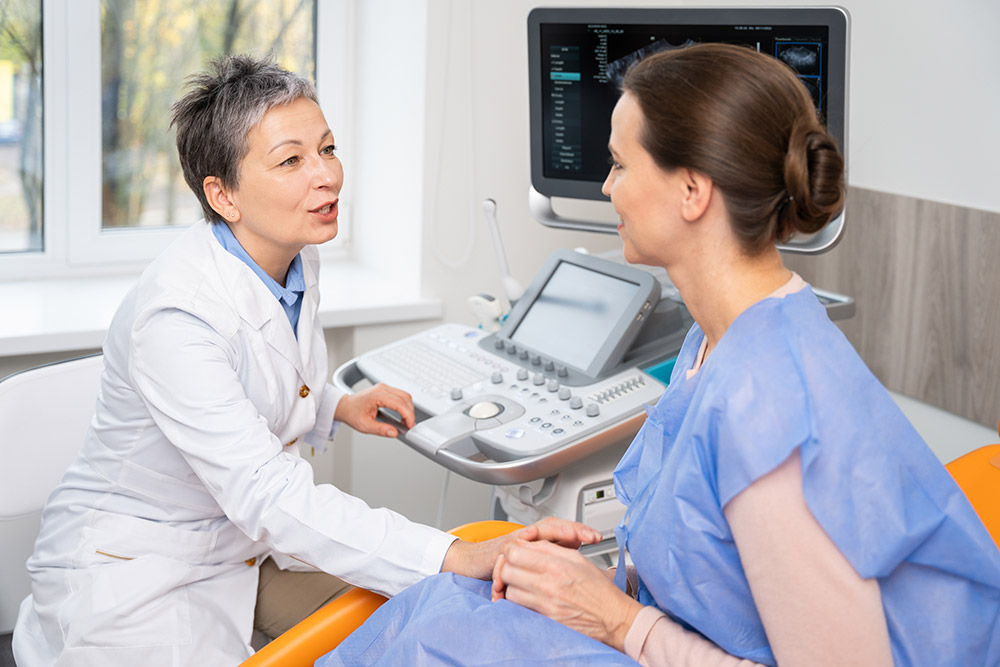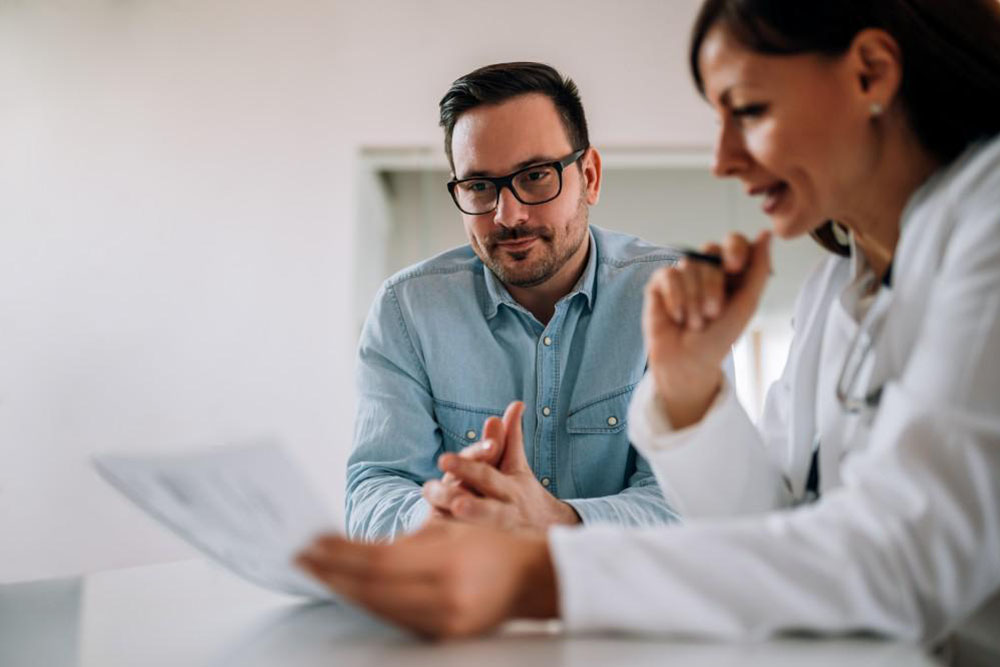What Are Angioectasias?
Angioectasias are small, fragile blood vessels in the digestive tract (colon, stomach, or small intestine) that can bleed slowly over time or cause sudden bleeding.
Common Causes and Risk Factors
- Age over 60 : blood vessel walls weaken with age
- Chronic kidney or heart disease : can impair vessel integrity
- Low oxygen levels in the gut : promotes growth of fragile vessels
- Use of blood thinners : increases bleeding tendency
- History of angioectasias : prior lesions can recur
Signs and Symptoms
- Black or tarry stools (melena)
- Bright red blood in the stool
- Tiredness or weakness from chronic blood loss
- Dizziness or fainting episodes
- Mild abdominal discomfort (less common)
How Dr. Rishi Diagnoses Angioectasias?
Dr. Chadha uses a step-by-step approach:
Medical History and Exam
He reviews your symptoms, past digestive issues, and risk factors.
Blood Tests
Checks for anemia by measuring iron levels and red blood cell counts.
Endoscopy or Colonoscopy
Uses a flexible camera to inspect the stomach or colon for tiny bleeding vessels.
Capsule Endoscopy
Swallows a small camera capsule to capture images of the small intestine.
CT Angiography
Performs a detailed scan to locate active bleeding in the digestive tract.
Frequently Asked Questions
What is an angioectasia?
A small, weak blood vessel in the digestive tract that can bleed.
How do angioectasias cause anemia?
Slow or intermittent bleeding from these fragile vessels lowers red blood cell counts over time.
What factors lead to angioectasias?
Age over 60, heart or kidney disease, low gut oxygen levels, and use of blood thinners increase risk.
Can angioectasias heal on their own?
Rarely. Most bleeding angioectasias require endoscopic or other medical treatment to stop the bleeding.
Is endoscopy the best test for diagnosis?
Yes. Upper endoscopy, colonoscopy, or capsule endoscopy allows direct visualization and often simultaneous treatment.
What is the ICD-10 code for angioectasia in the colon?
Angiodysplasia of the intestine, including colon, is coded as K63.5.
Is argon plasma coagulation (APC) safe?
Yes. APC is a minimally invasive, quick procedure with a very low complication rate.
Do I need to stop blood thinners before treatment?
Only if Dr. Chadha recommends it. He will balance bleeding risk against clotting risk on an individual basis.
When can I eat after an endoscopic treatment?
Most patients tolerate soft foods the same day or the next day, depending on the procedure.
Are tests and treatments covered by Medicare?
Yes. Most diagnostic procedures and therapeutic interventions for angioectasias are fully or largely covered.











